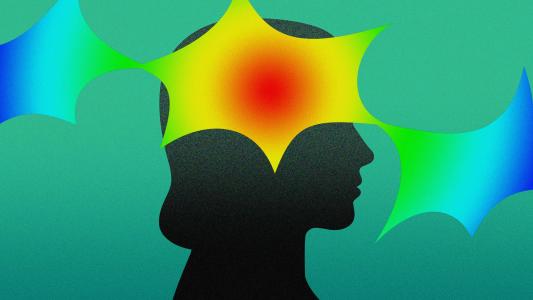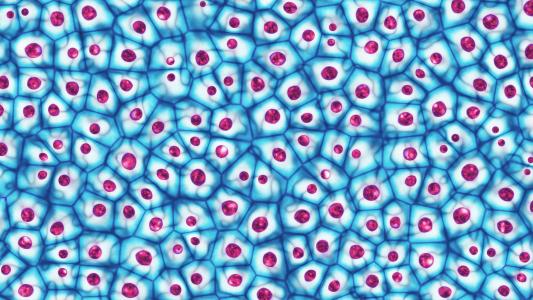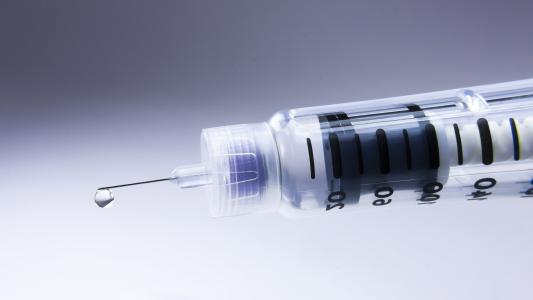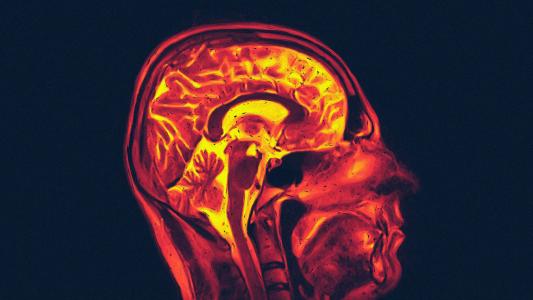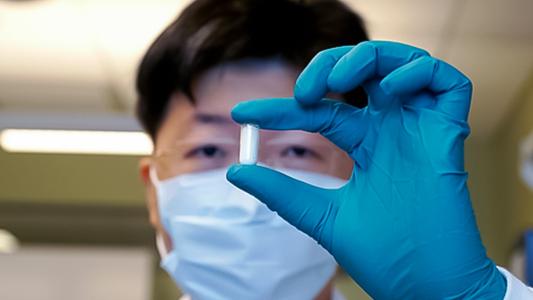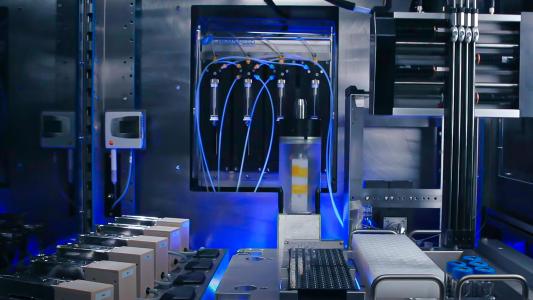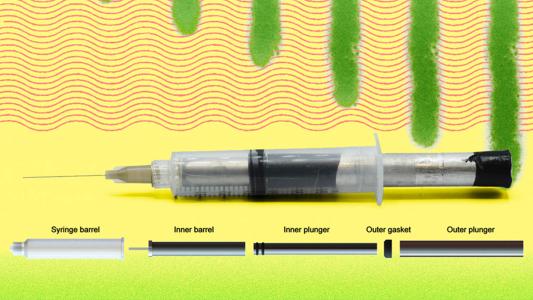Medicine
Symptoms of Parkinson's are the only way to diagnose it. But not for long.
Researchers discovered a new way to diagnose and track Parkinson's disease progression — even before the first symptoms of Parkinson's appear.
“Google Maps for the human body” offers a deep view inside our trillions of cells
Researchers are creating an interactive, 3D map of the human body to help identify and prevent disease.
The future of vaccines may be injectable gels
Scientists have designed a slow-releasing vaccine that can more accurately match the timeframe of a natural infection.
Could a single injection send diabetes into remission?
Research has found that a single surgical injection of a protein into the brain can restore blood sugar levels and send diabetes into remission, for rodents. This could transform the lives of people living with diabetes.
$25 genetic test can improve asthma treatment for kids
Before prescribing an asthma treatment to children, doctors should use a cheap genetic test to look for a specific altered gene, according to a new study.
New ALS treatment appears to slow disease progression
A new ALS treatment that appears to slow disease progression offers hope to those battling the incurable neurological disorder.
Weird, synthetic intestinal lining could make treating diseases easier
A synthetic intestinal lining could make it easier for doctors to control drug delivery and nutrient absorption in patients.
Robots are running COVID-19 drug development
IBM’s new online platform, RoboRXN, combines artificial intelligence, cloud computing, and robotics to automate the COVID-19 drug development process.
Redesigned syringe could increase global access to medicine
A double-barrel syringe developed at MIT makes it possible to inject highly viscous biologics, making them more accessible to patients.
“Antivitamins” could be the cure for antibiotic resistance
The B1 antivitamin helps bacteria kill competing bacteria, leading researchers to suspect it could help us fight antibiotic resistance and superbugs.
